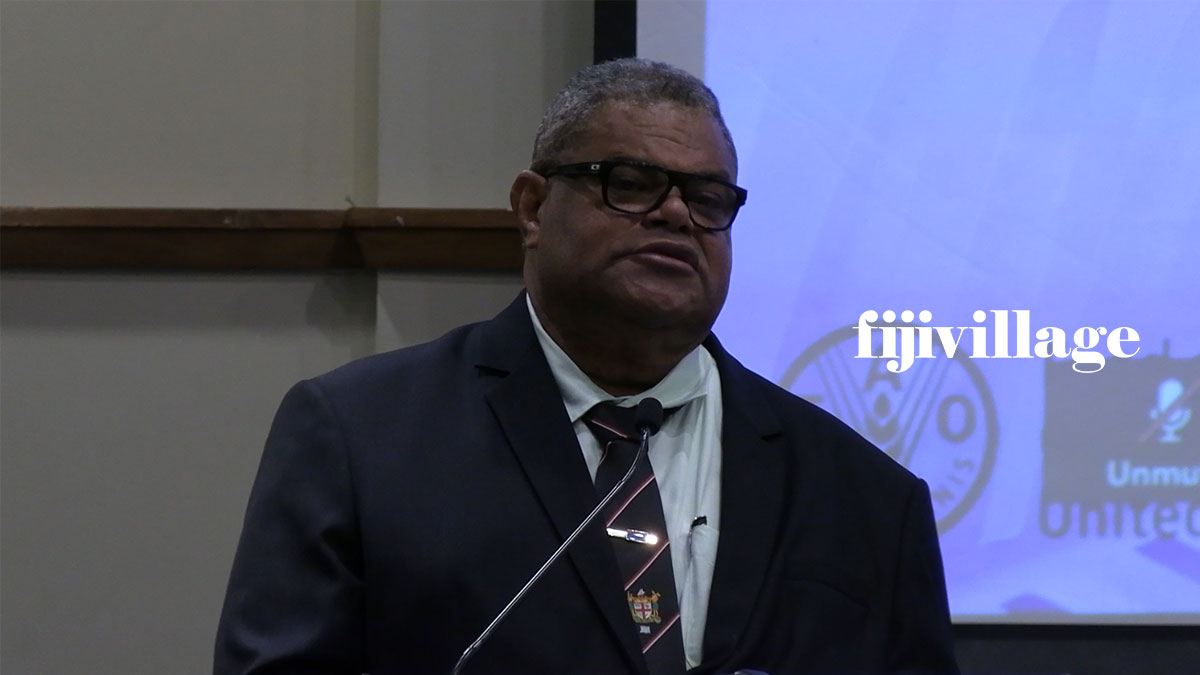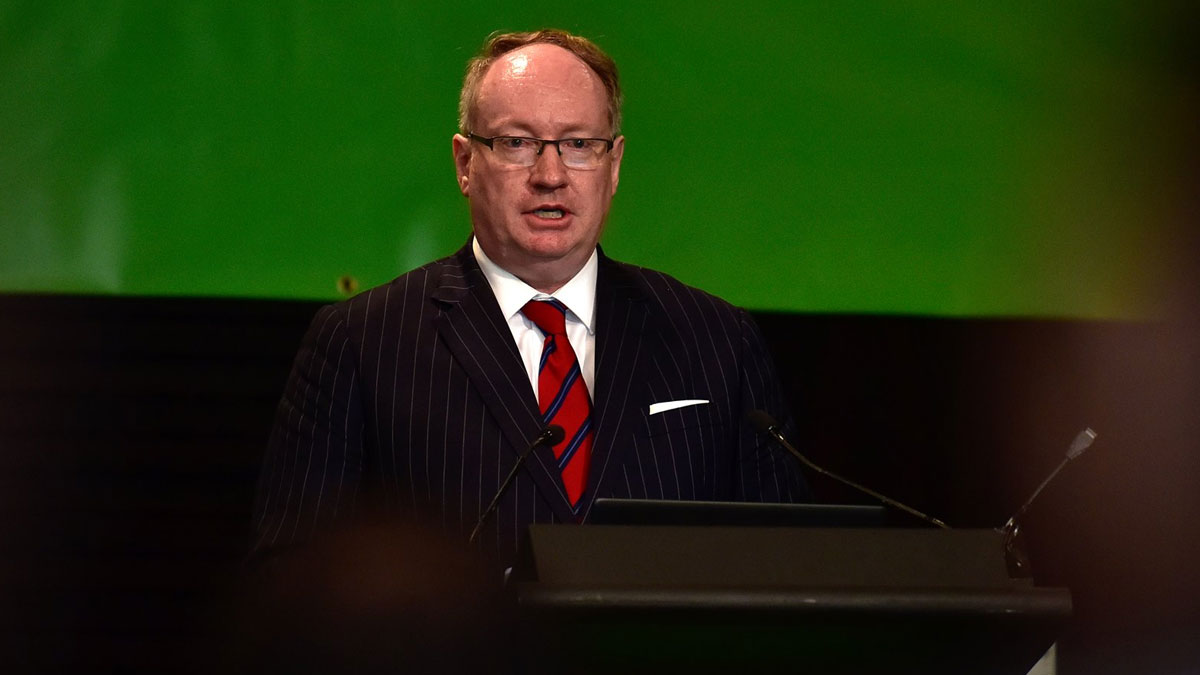
Around 80 percent of deaths in Fiji are caused by a non-communicable disease and these numbers are growing.
This has been highlighted by the Minister for Agriculture and Waterways, Vatimi Rayalu at the launch of the Food and Agriculture Organisation’s Multi-country Programme Framework for Pacific Islands and says we in the Pacific are facing a crisis with the triple burden of malnutrition, that is the coexistence of under nutrition, micro-nutrient deficiencies and over nutrition or overweight and obesity.
He says finding the solution to these complex problems requires a food systems approach and involves considering the entire food chain, taking into account the production, processing, distribution and consumption of food as well as sustainability, climate change and the recovery of biodiversity.
While speaking to fijivillage News, Rayalu says one of the components of the framework is not only to produce enough food, but to produce nutritious food.
He says the causes of NCDs are quite clear and it is not so much about the lack of food but it is about the lack of nutritious food.
Rayalu says the framework makes it much easier for government to work with the civil society in terms of cutting down most of the bureaucracy and also provides a multi-sectoral approach.
He says it also forces them to share government resources and civil society’s own capacity and it will be good for the people because they will be able to respond to the needs of the sector in a much more efficient way.
The framework focuses on three outcomes that includes that by 2027, people, communities and institutions are more empowered and resilient to face diverse shocks and disasters especially related to climate change and ecosystems and biodiversity are better protected, managed and restored has been lunched by the Food and Agriculture Organisation in Suva today.
Another focus is that by 2027, more people, particularly those at risk of being left behind, benefit from more equitable access to resilient and gender responsive, quality based services, food security/nutrition and social protection system.
The framework will also aims by 2027 that more people, especially, those at risk of being left behind, contribute to and benefit from sustainable, resilient, diversified, inclusive and human-centered socio-economic systems and decent work and equal livelihoods’ opportunities, reducing inequalities and ensuring shared prosperity.
Stay tuned for the latest news on our radio stations


